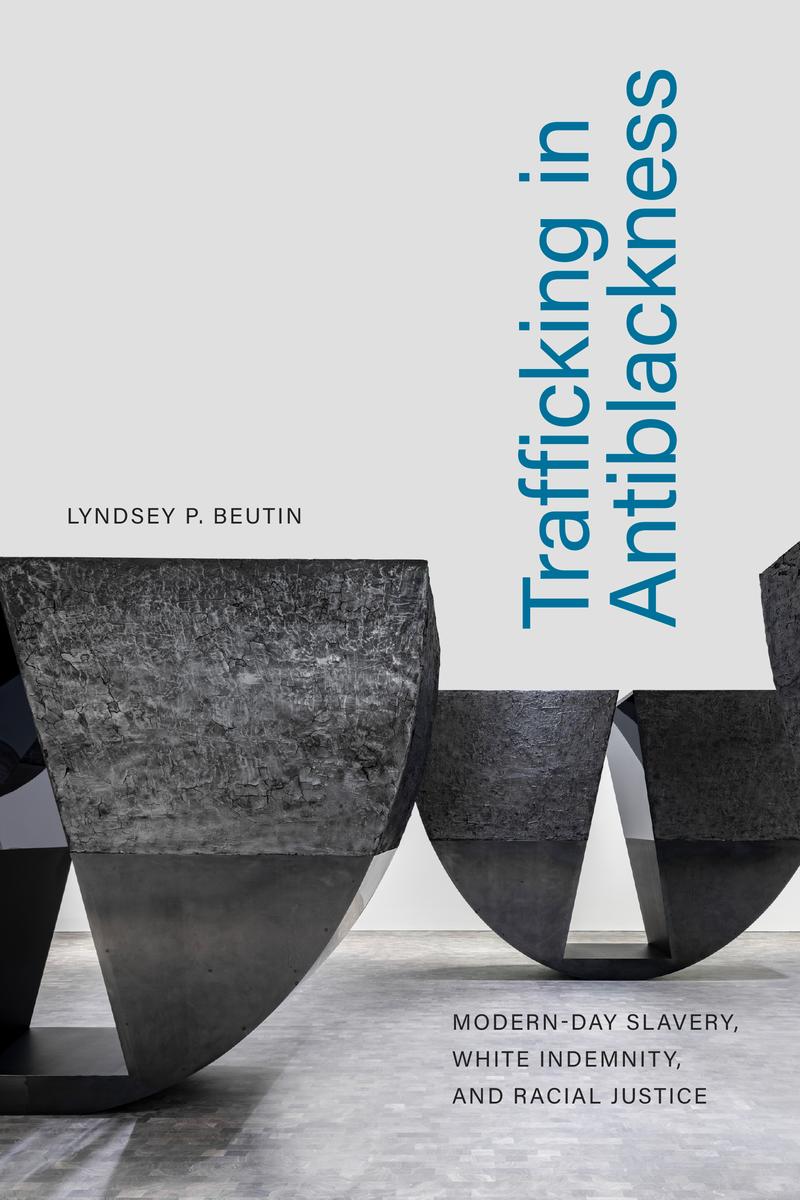
Publish Date |
March 24, 2023 |
Category |
Social Science / Media Studies True Crime |
Price |
$35.95 |
ISBN: 9781478019787
Format: Paperback
Pages: 280
Publisher: Duke University Press Books
Published: March 24, 2023
"A critical contribution to the field of human trafficking studies. Her interdisciplinary approach and incisive analysis shed light on the racial logics that underpin contemporary anti-trafficking discourse. . . . This work is essential reading for scholars, policymakers, and activists committed to understanding and addressing the intersections of race, human trafficking, and modern slavery. Beutin’s book is not only a call to action for those involved in anti-trafficking efforts but also a crucial reminder of the importance of considering racial justice in all aspects of humanitarian work."